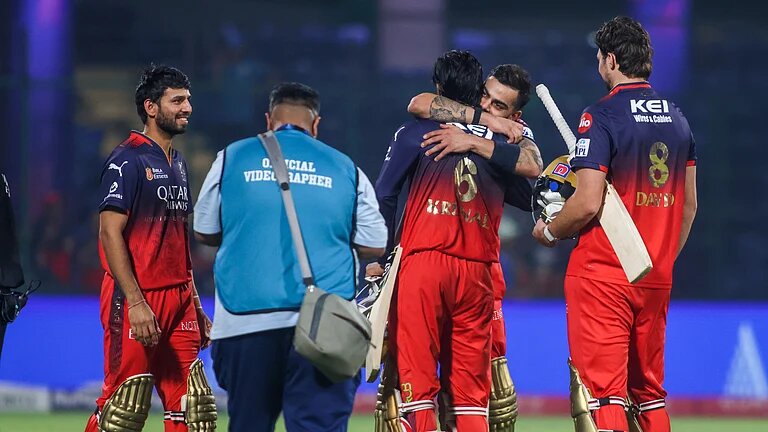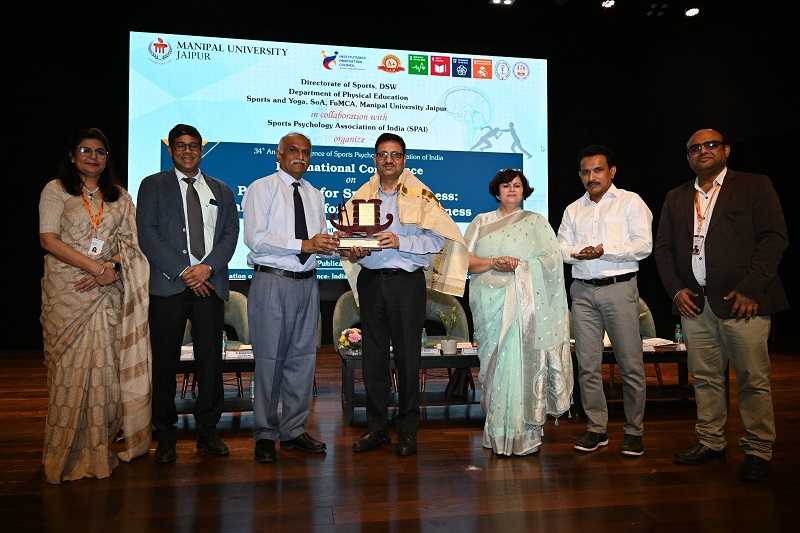Follow Us
- Indian Army Thwarts Pakistan's Attempts To Attack Military Bases, Tensions Escalate Between the Two Nations
- Indian forces repels Pakistan's 8 missiles and drones, intercepted by S-400 defence system
- Blood donation camp organised at Congress Bhawan
- Congress to organise Tiranga Yatra to support armed forces
- India thwarts Pak missile attack on 15 sites; launches drone strikes, neutralises air defence in Lahore
Surjewala Disagrees with Dhankhar, Says Judicial Independence is a ‘Nuclear Missile’ Protecting Rights
Rajya Sabha Chairman Dhankhar had, on Thursday, questioned the judiciary’s setting of deadlines for the President’s decisions and acting as a “super parliament,” saying the Supreme Court cannot wield a “nuclear missile” against democratic forces. He referred to Article 142 of the Constitution, which grants the Supreme Court plenary powers, as a “nuclear missile against democratic forces available to the judiciary round the clock.”
In a post on X, Surjewala wrote, “I deeply respect the Honorable Vice President for his wisdom and eloquence, but I respectfully disagree with his words.”
He stated that the Supreme Court’s decision to impose constitutional checks on the powers of Governors and the President is timely, precise, and courageous, correcting the notion that those in high office are above restrictions or checks and balances in the exercise of their powers.
The Rajya Sabha member added, “In our democracy, the Constitution of India is supreme. No office, be it that of the President, Prime Minister, or Governor, is so high as to be beyond the scope of constitutional propriety.”
According to Surjewala, “Indian democracy is based on the fundamental principle of the ‘will of the people’ expressed through elected Parliament and legislatures, making them the supreme bodies. Even their decisions and law-making powers are subject to judicial review by courts on the touchstone of constitutionality.”
He questioned why the actions of Governors and the President should not be subject to review, especially when Governors are merely nominees of the Union Government, and the President is elected by Parliament and legislatures.
The Congress leader asked, “Can it be said that the President has unilateral or unchecked power to indefinitely withhold assent to laws passed by Parliament or legislatures?”
He argued that if the President or Governors had such powers, it would be against the basic principles of democracy, rendering elected Parliament and legislatures powerless and helpless.
Surjewala emphasized that the Constitution never grants such unbridled powers to anyone, including the President of India.
Surjewala said that judicial independence is indeed a “nuclear missile” (in the Vice President’s words) aimed at combating injustice, arbitrariness, inequality, usurpation, and the arrogance of power, protecting people’s rights against the arbitrary actions and decisions of those in power.
He added that if the final door of justice is closed to the common people and justice becomes subservient to or dictated by those in power, democracy will cease to exist, and dictatorship will take hold.
He stated that no one is above the law or the Constitution, be it the President of India or any other authority. Surjewala remarked, “The era of rulers and kings who could not be questioned ended forever on August 15, 1947, and January 26, 1950. The President of India, in many ways, symbolizes the end of monarchy and governance by the Constitution.”
He concluded that the President should come forward and salute the supremacy of the Constitution.
Indian Army Thwarts Pakistan's Attempts To Attack Military Bases, Tensions Escalate Between the Two Nations
India thwarts Pak missile attack on 15 sites; launches drone strikes, neutralises air defence in Lahore
PM Modi Chairs High-Level Meeting with Secretaries of Government of India
At least 100 terrorists killed as India airstrikes Pakistan under 'Operation Sindoor', Rajnath tells all-party meet
India Destroys Pakistan’s Air Defense System in Lahore Using Israeli Drones
-
.jpg)
Indian Army Thwarts Pakistan's Attempts To Attack Military Bases, Tensions Escalate Between the Two Nations -
Indian forces repels Pakistan's 8 missiles and drones, intercepted by S-400 defence system -

India thwarts Pak missile attack on 15 sites; launches drone strikes, neutralises air defence in Lahore -
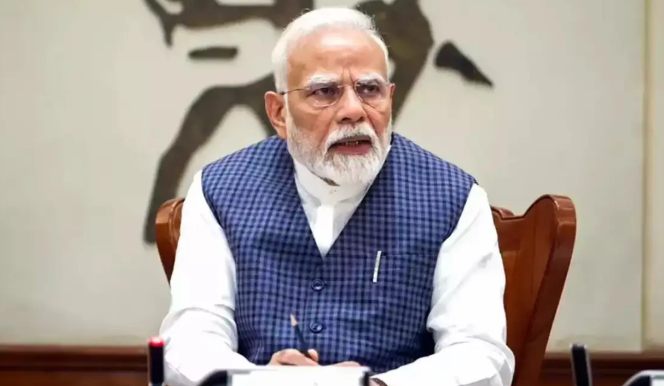
PM Modi Chairs High-Level Meeting with Secretaries of Government of India -
.jpg)
At least 100 terrorists killed as India airstrikes Pakistan under 'Operation Sindoor', Rajnath tells all-party meet -
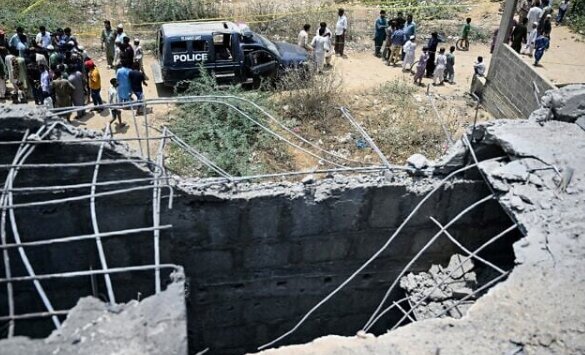
India Destroys Pakistan’s Air Defense System in Lahore Using Israeli Drones -
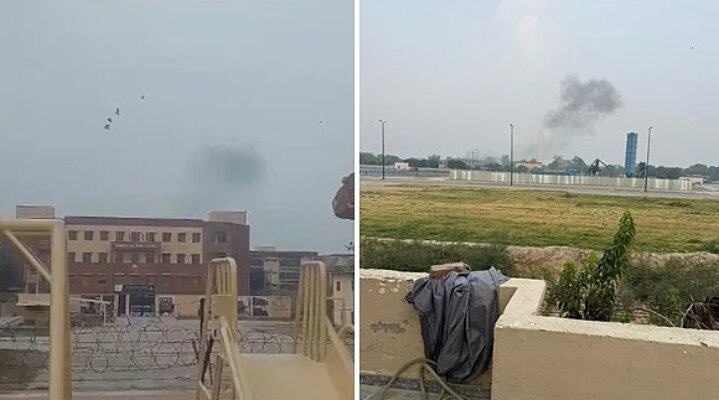
Pakistan's Lahore rocked by serial blasts, eyewitnesses claim missile attack, airport shut down -
.jpg)
India’s Airstrike Causes Devastation in Pakistan:90 Terrorists Killed, Several Terror Camps Destroyed -
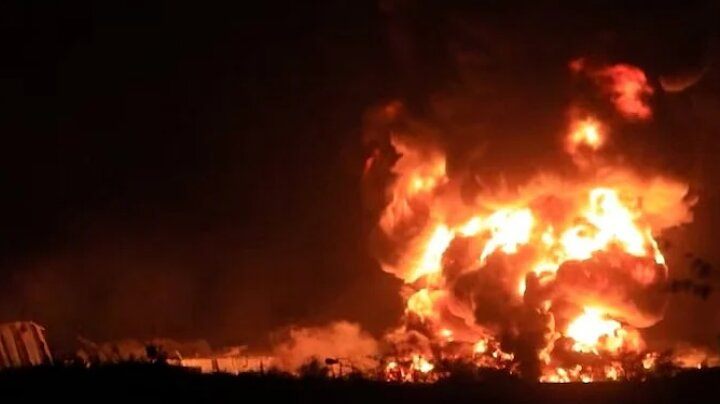
India Airstrikes Terror Camps in Pakistan Occupied Kashmir Under 'Operation Sindoor',Destroyed 9 Terrorist Hideouts -
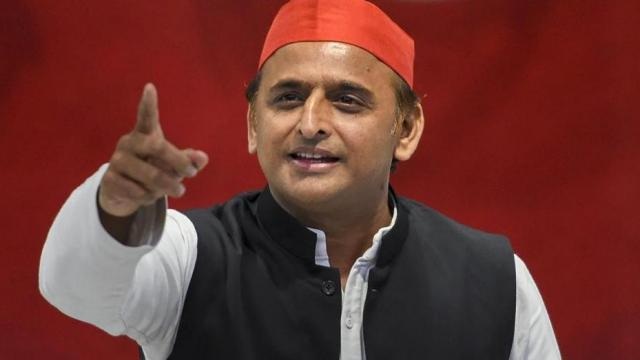
BJP’s Anti-Women Mindset Exposed by Women Themselves: Akhilesh Yadav -
.jpg)
Kharge claims ‘intel report’ was sent to PM Modi 3 days before Pahalgam attack -
 (1).jpg)
PCC chief calls for protection to Indian constitution -
.jpg)
Pahalgam Attack: India Halts Chenab River Water Flow from Baglihar Dam -
.jpg)
Pakistani Ambassador Threatens India, Says Nuclear Weapons Will Be Used if Attacked -
.jpg)
Pahalgam attack: US Secretary of State Rubio spoke to Foreign Minister Jaishankar and Pakistan Prime Minister





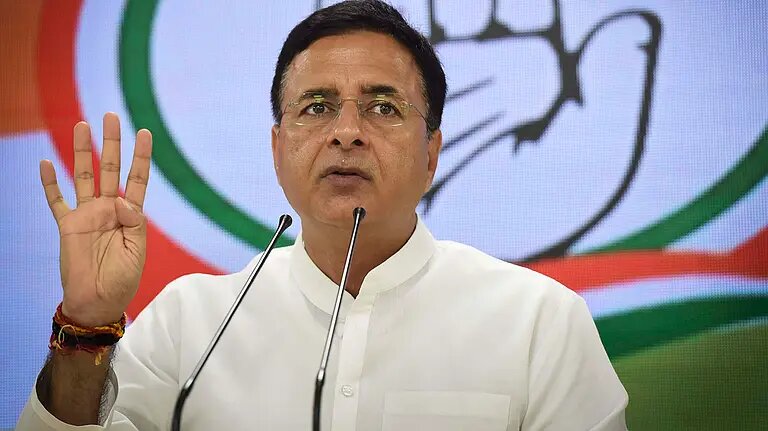
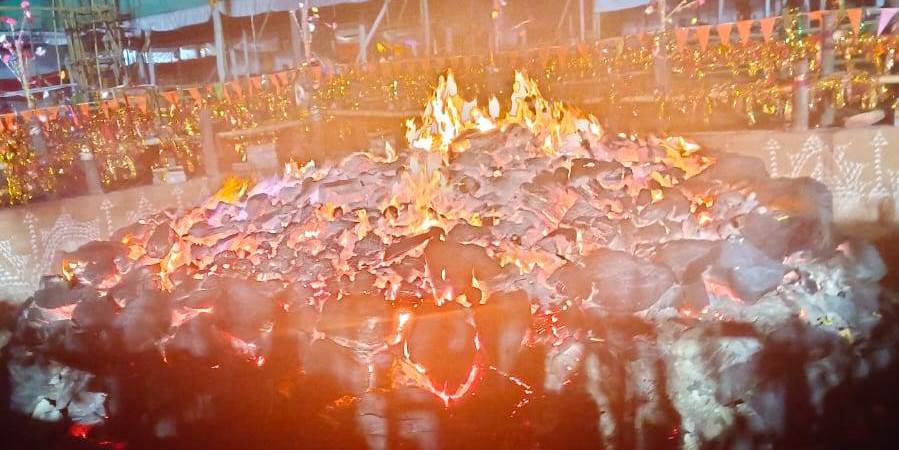
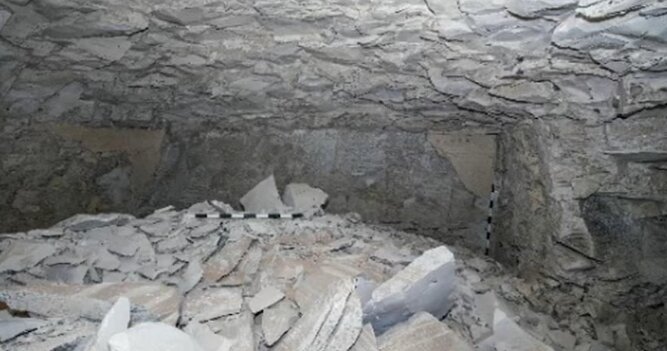
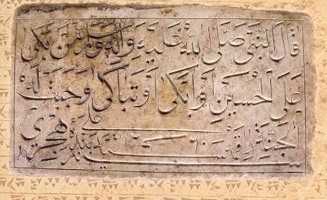
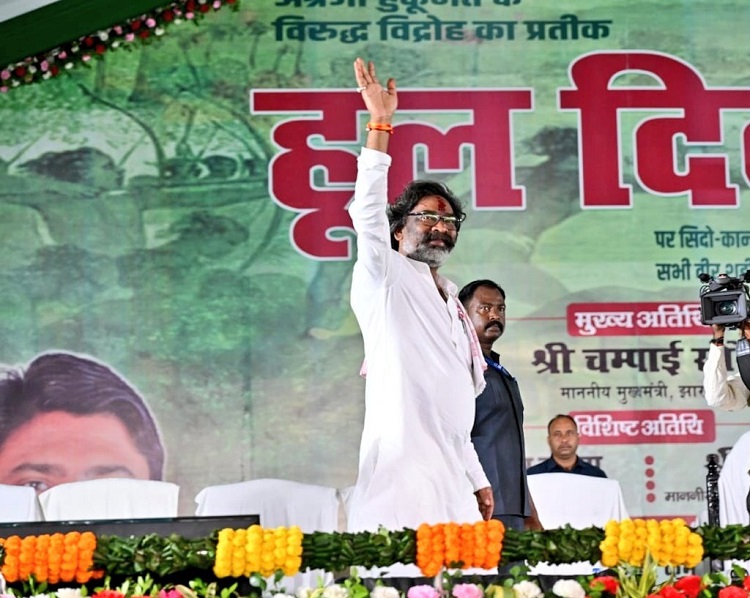
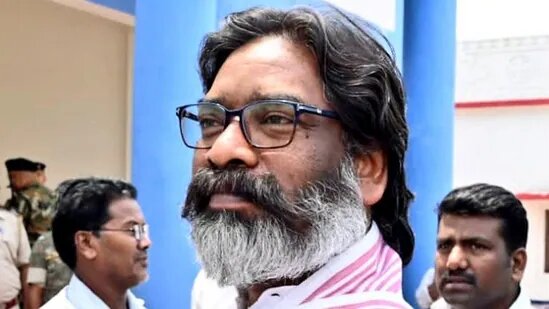

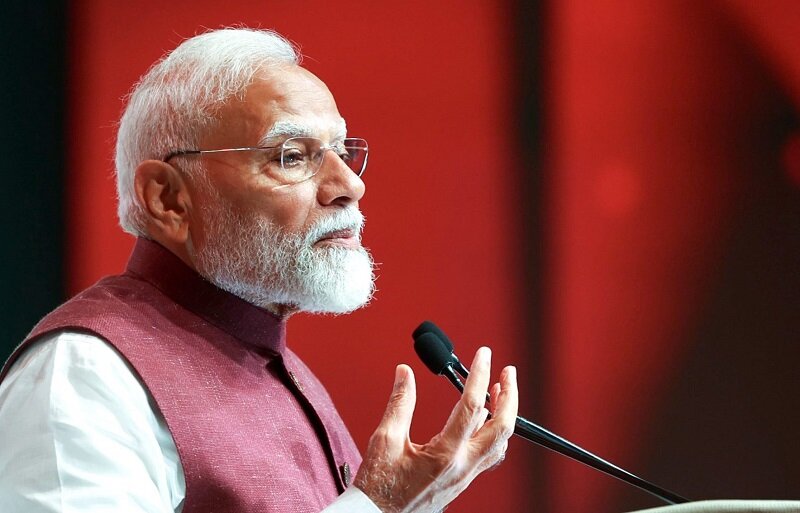
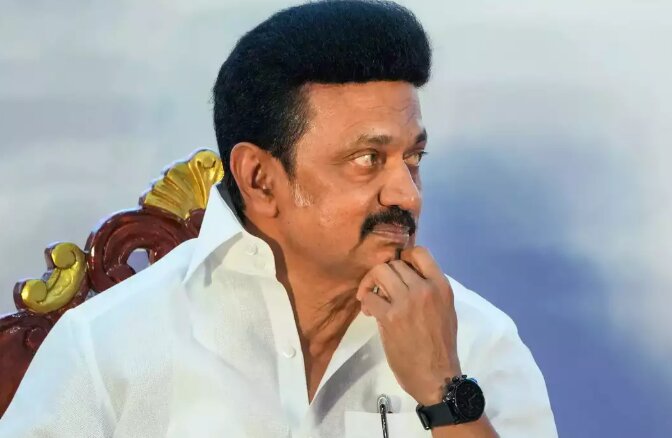

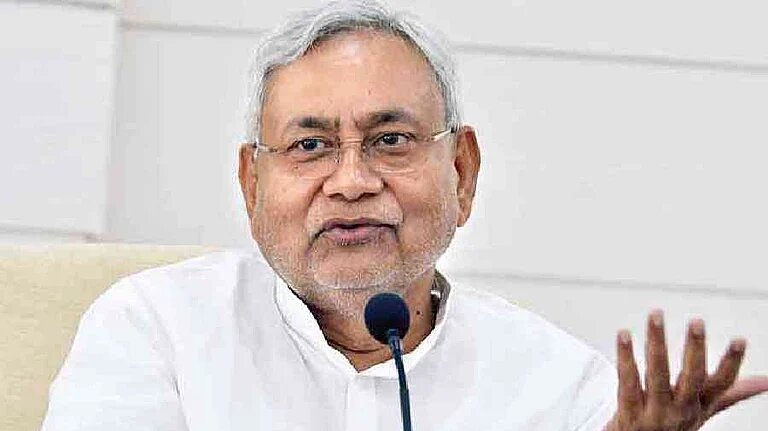
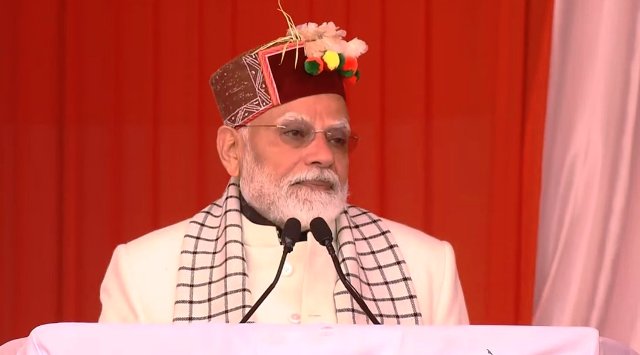

.jpg)
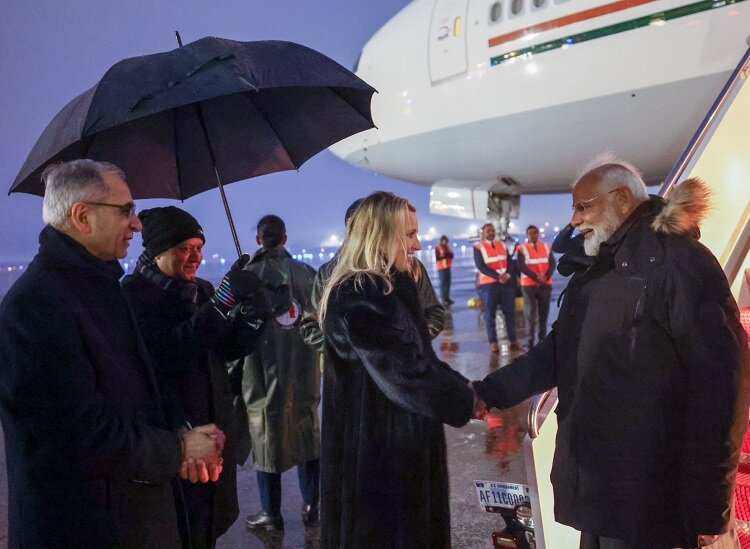
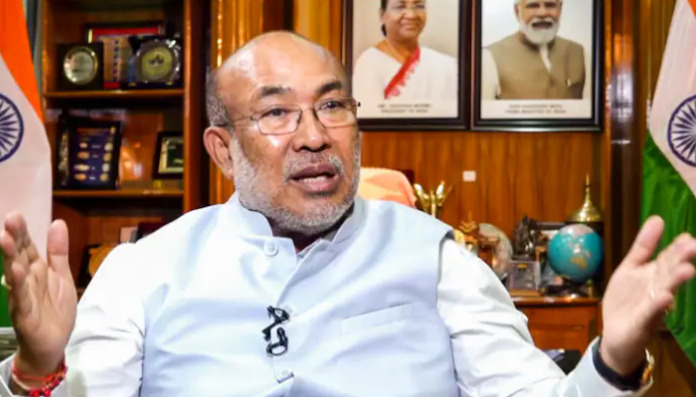
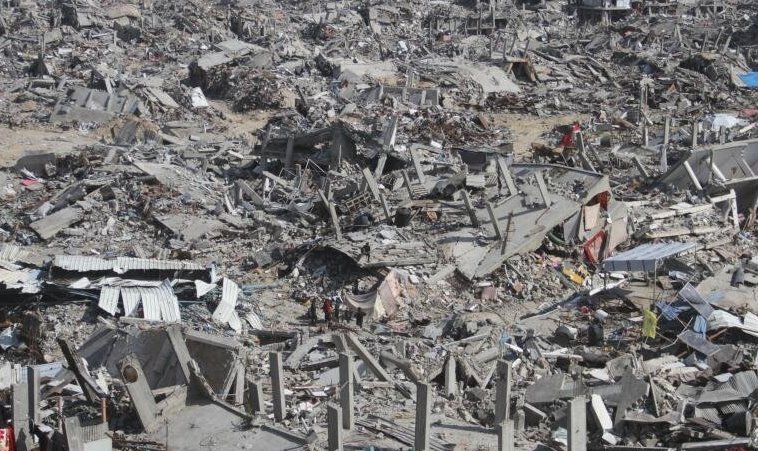
.jpg)

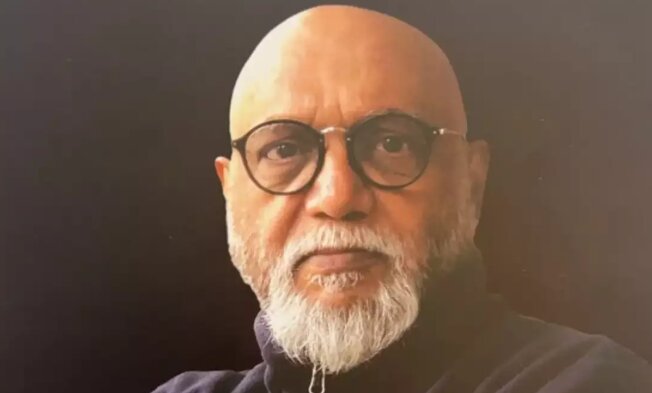
.jpg)
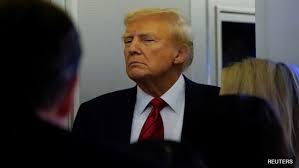
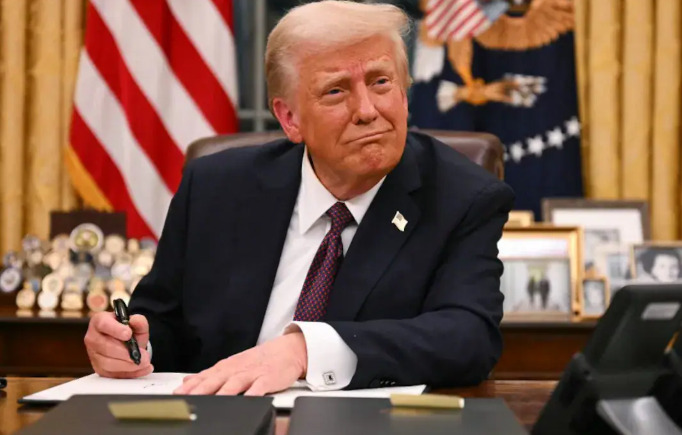
.jpg)
